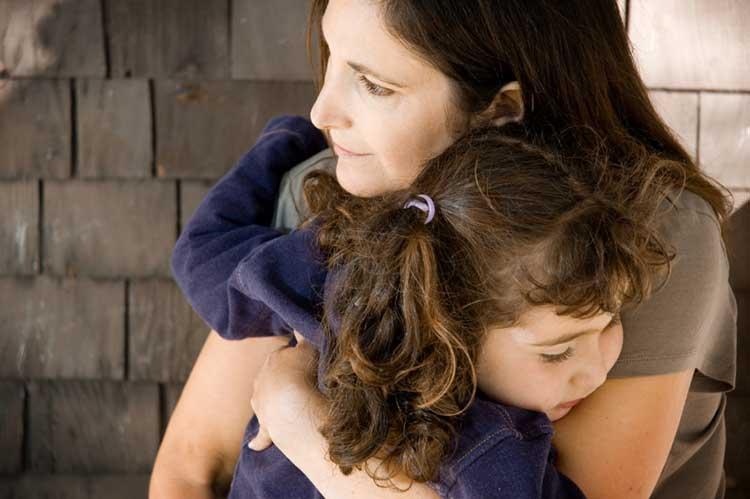Recognizing Stress in Children
Children show signs of stress in the following ways:
- Physical complaints – listlessness, hyperactivity, stomachaches, loss of appetite or increased appetite
- Changes in sleep patterns. Reluctance to nap, go to bed, or to get out of bed in the morning
- Clinging behaviors (to parent or care provider)
- Increase in acting-out behaviors, either in school or at home (demanding, pouting, screaming)
- Reluctance to leave the house
- Reluctance to focus on the tasks at hand (homework, chores, dressing)
- Focusing on the tragic event repeatedly
Coping With Stress and Children
Parents, teachers and caregivers can help children feel better. Adults should:
- Recognize and address their own fears and anxieties first. Children’s actions often reflect adults’ feelings.
- Be honest — explain in simple, age-appropriate terms what actually happened.
- Pay attention to your children’s fears and continually reassure them about their safety.
- Explain clearly why routines, such as outside recess, are changing.
- Allow extra time for routines, such as getting dressed and getting ready for school.
- Monitor TV and movie exposure, as violent shows and scary images may increase a child’s uneasiness. Limit your children’s viewing of news about tragic events.
- Allow children to act out feelings through drawings or role-playing.
- Involve children in positive, familiar activities to give them the reassurance and stability they need.
If you have concerns about your child or adolescent, call Adolescent and Family Services of the Anne Arundel County Department Of Health at 410-222-6785, Monday through Friday, 8 a.m. – 5 p.m.
County residents can also call the Crisis Response Warm Line (410-768-5522) for mental health assistance seven days a week, 24 hours a day.
Additional Information:

